21 January 2021: The Gates Have Opened & Change is in the Air
Yesterday was a giant cathartic and emotional day for me as it must have been for many others. Watching the change of our country’s leadership, a transition that was fraught with previously unimagined chaos, filled my heart with many emotions.
One of the most surprising to me was the release I felt as a woman watching another woman, a woman of Black and South Asian descent, finally, FINALLY become Vice President of the United States.
For a woman who is approaching the eighth decade, it has been a long wait. One of my first adult work experiences was as an Administrative Assistant, a job title that, at the dawn of women attempting to break traditional career barriers in the late 1970s, was meant to be “more than” a secretary. Unfortunately, the title did not translate into much more than office help-mate. I still was required to get coffee, run errands and often referred to as my girl, as in “I’ll have my girl set up that meeting for next week.”
So when Kamala Harris was sworn in as Vice President yesterday, I expected it to mark a big, historic moment. What I did not expect was that after so many years of disappointment that in some very important quarters, women were not equal - and in many important ways still are not treated equally to men - I would be watching Kamala Harris’ swearing in through tears.
The importance the 2021 Presidential Inaugural ceremonies also brought to mind one of my fondest, most vivid and important memories of a nearly 30-year teaching career. After posting this on FaceBook yesterday, I’ve decided to include that memory here.
I'm thinking of the group of third grade students that were in my classroom back in 2008-2009. When President Obama was inaugurated my third graders and I turned on the classroom TV before the swearing in. As the new President took the Oath of Office, without any prompting, the whole class stood - every single one - raised their hands along with President Obama and repeated his part right along with him.
I will never forget how that spontaneity signalled what the first African American President meant to these multicultural and multi-lingusitic 8- and 9-year olds.
If ever there was a teachable moment, that moment when the children became the teacher was one.
There is a relation between the two: for my third grade students, seeing themselves reflected in Barack Obama when he became the 44th President of the United States is analogous to my witnessing Kamala Harris break that glass ceiling to become the 49th Vice President.
I know in my heart that there is much work to be done in order to make this country and our society a better one. The days ahead will be difficult. There will be resistance, but forging ahead is what we must do for our future generations. It is this work that must be undertaken. It is John Lewis’ “good trouble”; it is Lincoln’s listening to our better angels, it is the brilliant Amanda Gorman’s Hill We Climb.
Even if it takes 243 minutes, 243 hours, 243 weeks, or 243 years. The gates have opened and change is in the air.







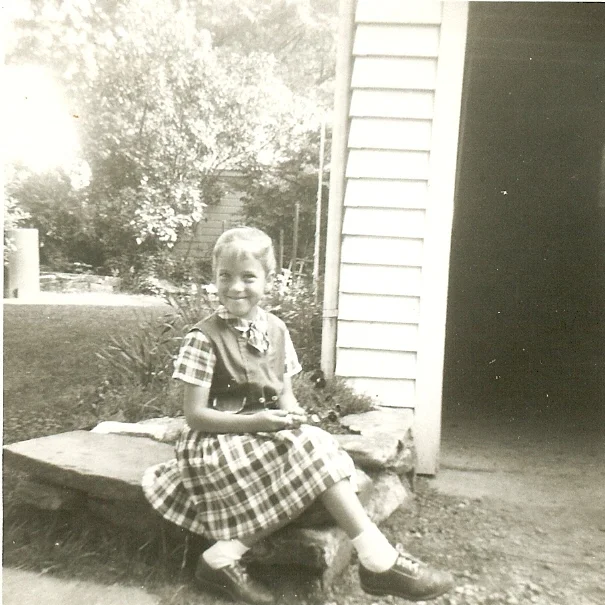




 Budget season is going full tilt in Lowell and the outlook is definitely not very palatable.
Budget season is going full tilt in Lowell and the outlook is definitely not very palatable.




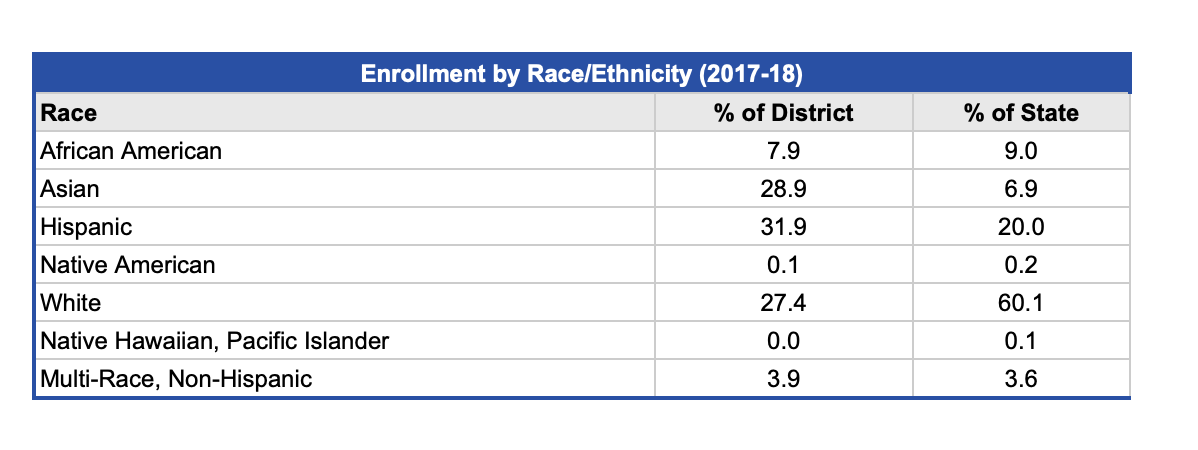
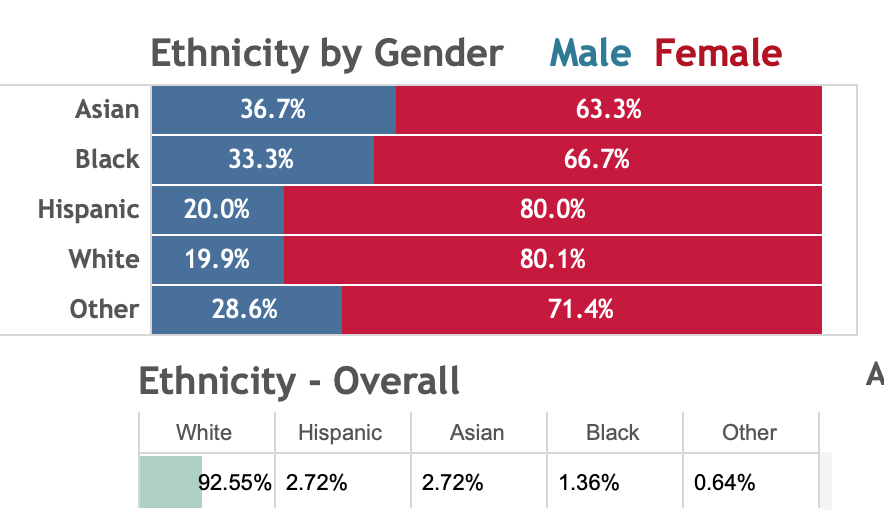
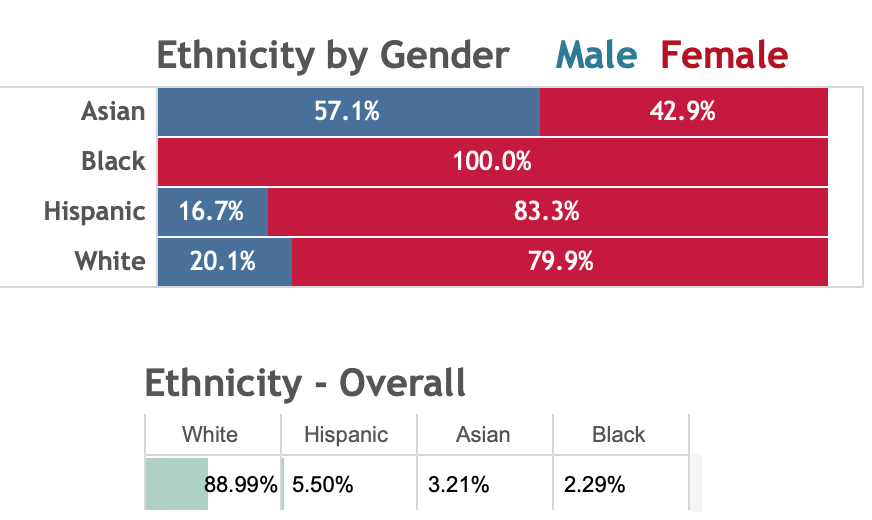
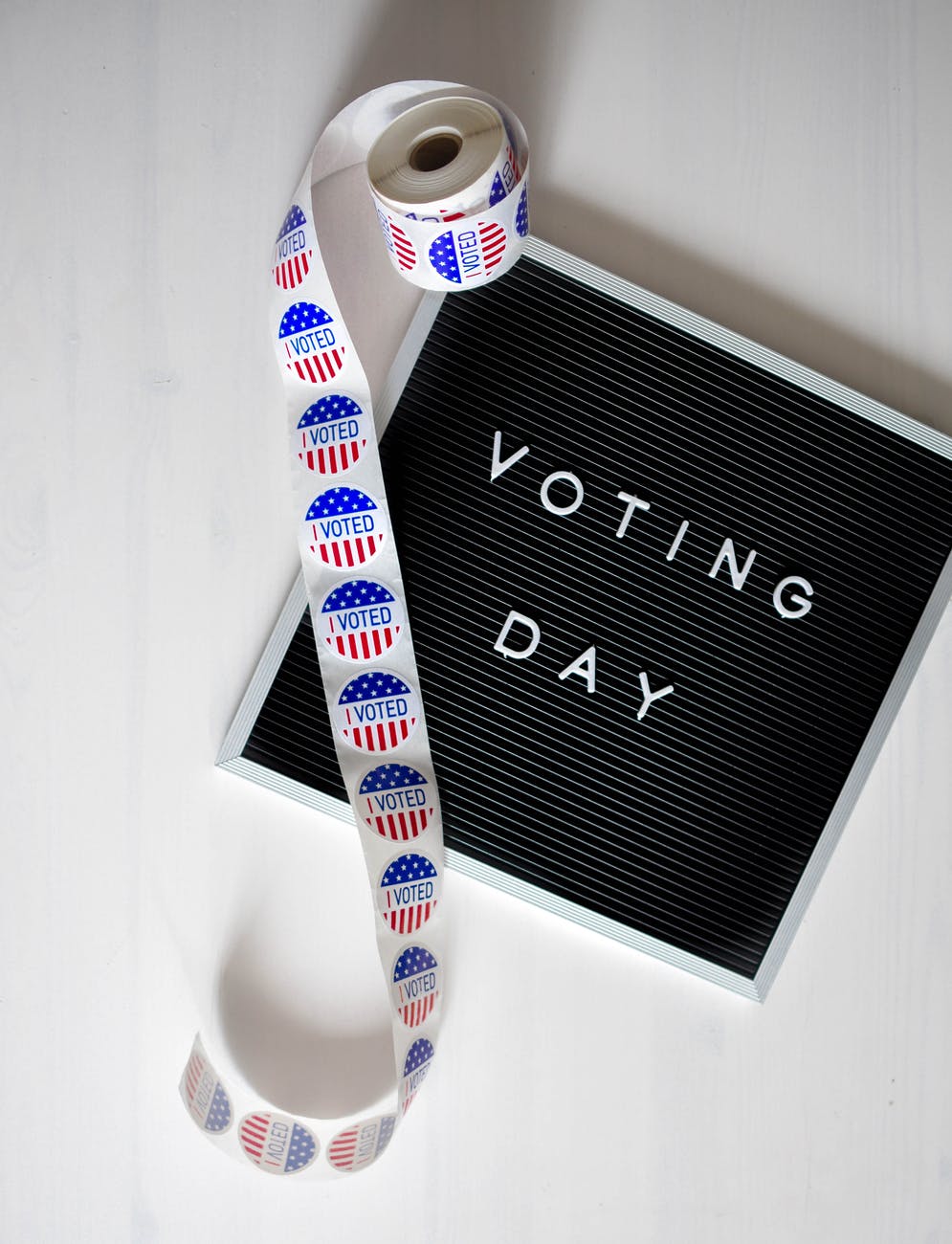 Don't sit tomorrow's election out. Go vote.Think your vote "doesn't matter". I disagree. Recently in the MA3 Congressional District Primary,
Don't sit tomorrow's election out. Go vote.Think your vote "doesn't matter". I disagree. Recently in the MA3 Congressional District Primary,  Sometimes I wonder if we've lost our collective minds when it comes to early childhood education. This morning, I found this well-written article, from January 2016's Atlantic: "
Sometimes I wonder if we've lost our collective minds when it comes to early childhood education. This morning, I found this well-written article, from January 2016's Atlantic: " Our first grandchild arrived in August, and as many grandparents come to understand, things have changed since we raised our own children. Babies don't sleep with crib bumpers, or on their tummies. Children don't wear winter coats in car seats. I most definitely have zero applicable knowledge when it comes to infants. Times have changed, research has changed, thinking has changed.My wheelhouse, though, is education. I wonder - often as it turns out - if my own thinking as a teacher is outdated. I was reminded of this when a colleague shared the school district's current Early Childhood (PreK) progress report with me - which was over 10 pages long. These 3- and 4-year-olds have been "in school" barely 5 weeks and already their teachers are tasked with assessing their progress.Progress in what, exactly? When one is 3- or 4-years old, shouldn't the ultimate goal be to learn to love learning? To get along with others and take turns? Socialize? A 10-page checklist of skills - by category - seems ridiculous for a little one who has only been on this planet for less than 5 trips around the sun.It did make me curious: what exactly is being asked of young children, so I did some browsing through Boston Public School's Early Childhood page. Check out the "robust questions" intended to spark conversation with 3- or 4-year olds in Centers found in the
Our first grandchild arrived in August, and as many grandparents come to understand, things have changed since we raised our own children. Babies don't sleep with crib bumpers, or on their tummies. Children don't wear winter coats in car seats. I most definitely have zero applicable knowledge when it comes to infants. Times have changed, research has changed, thinking has changed.My wheelhouse, though, is education. I wonder - often as it turns out - if my own thinking as a teacher is outdated. I was reminded of this when a colleague shared the school district's current Early Childhood (PreK) progress report with me - which was over 10 pages long. These 3- and 4-year-olds have been "in school" barely 5 weeks and already their teachers are tasked with assessing their progress.Progress in what, exactly? When one is 3- or 4-years old, shouldn't the ultimate goal be to learn to love learning? To get along with others and take turns? Socialize? A 10-page checklist of skills - by category - seems ridiculous for a little one who has only been on this planet for less than 5 trips around the sun.It did make me curious: what exactly is being asked of young children, so I did some browsing through Boston Public School's Early Childhood page. Check out the "robust questions" intended to spark conversation with 3- or 4-year olds in Centers found in the